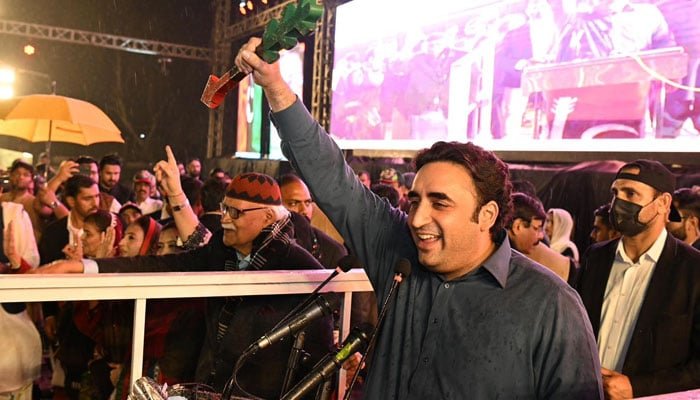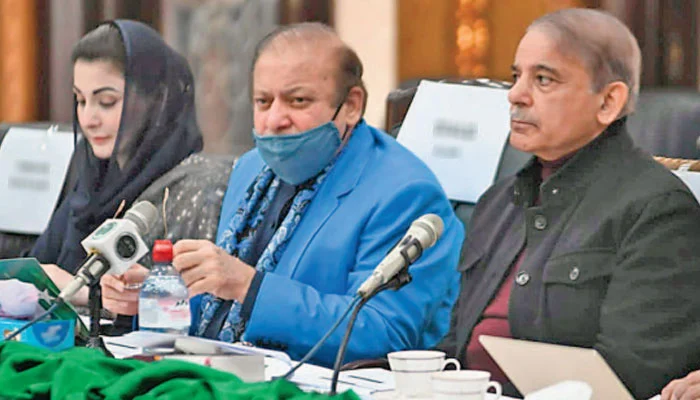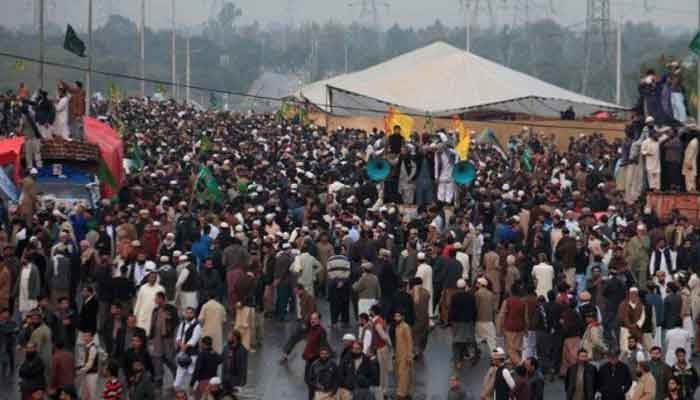In a recent address during a Jamaat-e-Islami gathering in Lower Dir, the party’s Amir, Siraj-ul-Haq, presented a vision for a prospective government that prioritizes the liberation of Palestine, Kashmir, and the welfare of the nation.
Siraj-ul-Haq addressed the audience, expressing his commitment to rejecting the ruling parties that, according to him, have collectively contributed to the country’s deteriorating condition. He urged the public to repudiate the three major political parties in power and to weigh their options carefully to save the nation.
During his speech, Siraj-ul-Haq emphasized that the parties making lofty promises of bread, clothing, shelter, change, and transforming Pakistan into an Asian tiger have failed to demonstrate any tangible achievements or plans to fulfill these commitments.
The Jamaat-e-Islami leader highlighted the upcoming elections on February 8, stressing their significance for the nation’s future. He framed the contest not as a political rivalry but as a struggle against a tyrannical system. According to Siraj-ul-Haq, the real challenge is not against any particular politician but against the oppressive regime in place.
Siraj-ul-Haq asserted that if Jamaat-e-Islami were to come into power, it would abolish the interest-based and mixed educational system, addressing a longstanding concern among certain segments of the society. Additionally, he pledged to work towards the liberation of Palestine, freedom for Kashmir, and securing the release of Aafia Siddiqui, a Pakistani neuroscientist imprisoned in the United States.
The Jamaat-e-Islami leader’s vision encompasses a transformative agenda that goes beyond conventional political discourse. It aligns with the party’s ideological principles, emphasizing an alternative governance model that addresses social, economic, and international issues through an Islamic lens.
As the political landscape in Pakistan evolves in the lead-up to the elections, Siraj-ul-Haq’s articulation of a vision focused on values, justice, and liberation reflects the ideological underpinnings of Jamaat-e-Islami and sets the stage for a distinctive approach in the realm of Pakistani politics.



